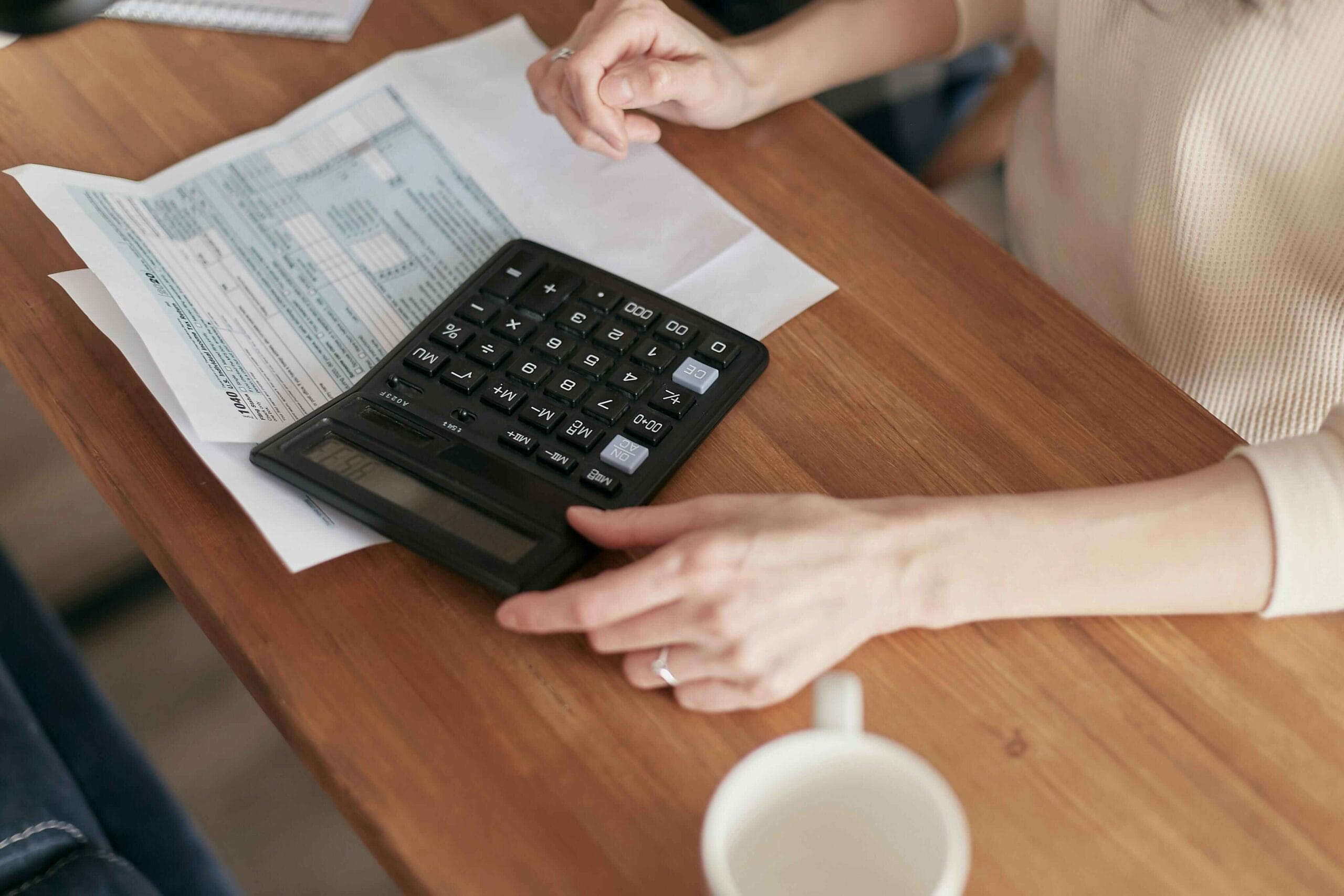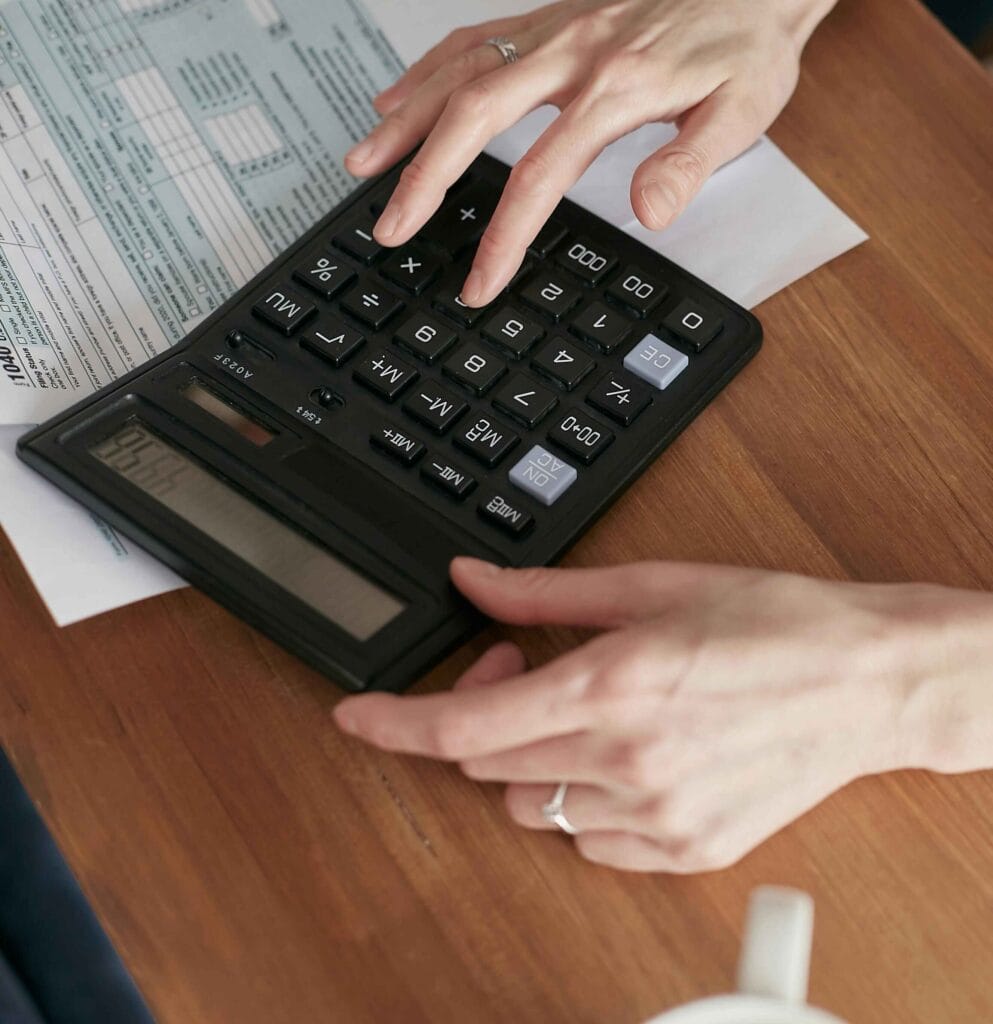- Address: 133 Main Street,Second Floor,North Andover,MA 01845
Credit card debt refers to outstanding balances on credit cards that accrue interest if not paid in full each month. Many consumers use credit cards for daily purchases, emergencies, and rewards, but carrying a balance can lead to high-interest charges and financial difficulties.





Credit card debt can be a useful financial tool when managed responsibly, but it can also become overwhelming if balances are not paid off in full. Understanding interest rates, payment strategies, and legal protections can help consumers take control of their financial situation. If you are struggling with credit card debt and need legal assistance, contact our law firm today for expert guidance on your options.